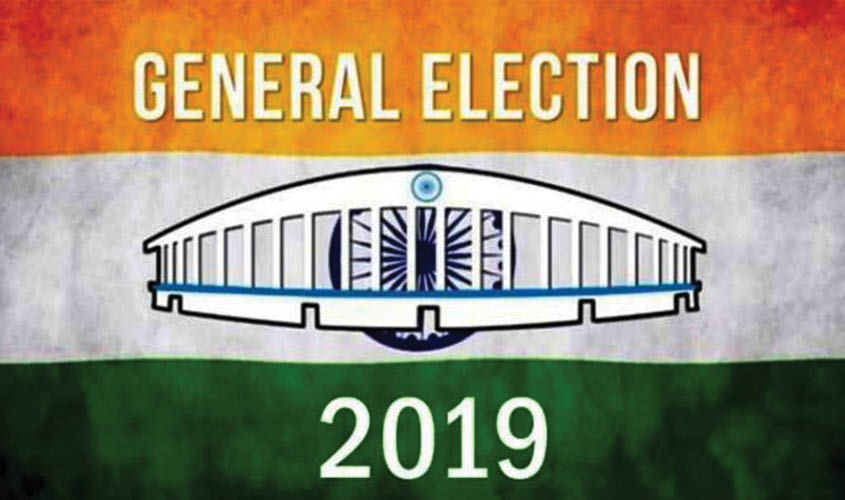It was said by Mao Zedong that a revolution is not a tea party. Well, neither is an election involving 900 million voters, the largest such contest in the history of the human race. While some wince at the freedom with which epithets that are less than complimentary get thrown across the aisles, the fact is that such verbal slugfests are the warp and woof of democracy. In 2016, Hillary Clinton called her opponent Donald Trump a “puppet of Putin”, to which Trump responded that it was she who was the puppet. The mind goes back to centuries ago, when Gladstone and Disraeli crossed verbal swords with each other in the British parliament. One said to the other that he would perish “on the gallows or by a loathsome disease”, to which the immediate response was that it depended “on whether I embrace your principles or your mistress”! We in India have not reached that level but are witnessing lows in discourse between leaders of rival parties, with each calling the other names. Those indulging in such a display of poor taste may have cause to remember that while their own core voters may relish such sallies, the mass of uncommitted voters who politicians need to win over may get annoyed at such a lapse in standards. It may be remembered that the gentlemanly C. Achutha Menon made history in Kerala by being the Chief Minister who returned his coalition to power in a subsequent election in a state where ruling and opposition parties are known to alternate. For decades, Naveen Patnaik has retained the trust of voters in Odisha by his calm manner and decorous ways. Given a choice between decorous and unseemly conduct, most voters would prefer the former. Not that politicians seem to pay attention. They have been going against each other with abandon, in the process throwing etiquette into the high seas. An interesting sidelight is the fact that sworn foes such as the BJP and the PDP suddenly became allies. In Delhi, Arvind Kejriwal and Rahul Gandhi have become allies after both talked for years in very harsh fashion. Such alliances are proof that post-poll alliances can take place between almost any two parties. Indeed, a pre-poll alliance took place between the Communist Parties and their bitter ideological foes, the Jan Sangh, during the 1977 polls that saw opposition politicians come together, first in their prison cells and later on the field. In the 2019 polls DMK leader Stalin has ignored the fact that D. Raja and Kanimozhi were jailed under Manmohan Singh, yet were declared innocent by court during the period when Narendra Modi is the Prime Minister. The Congress Party brought down the I.K. Gujral government in 1997 because the then PM refused to jettison the DMK, yet now the two are partners.
Arithmetic will be even more decisive than chemistry in deciding who will rule India for the coming five years. Should the BJP cross 200 Lok Sabha seats and the NDA as a whole reach 230, it seems certain that Modi will remain the Prime Minister, even though he will need to pull in a few more parties into the NDA. A BJP without a Lok Sabha majority will pose problems very different from the situation that has faced the leadership of the party since 2014, when voters gave it a majority, the first time any single party has achieved such a feat in three decades. Any two or three parties could cause the government to fall, which will make the job of Parliamentary Affairs Minister much more taxing than has been the case during the Modi period. Each party would demand one or two berths in the Union Cabinet, including a few prize portfolios

